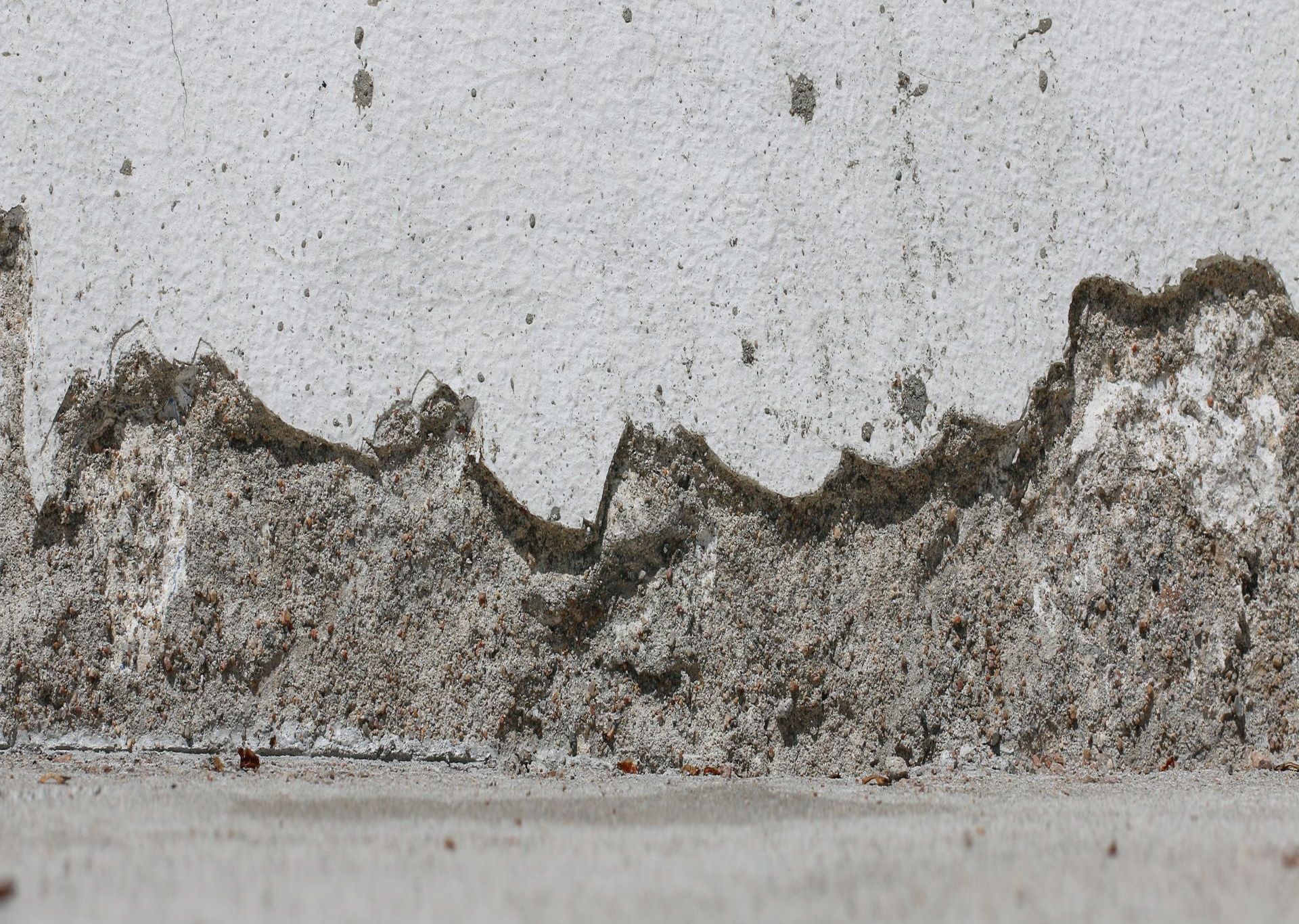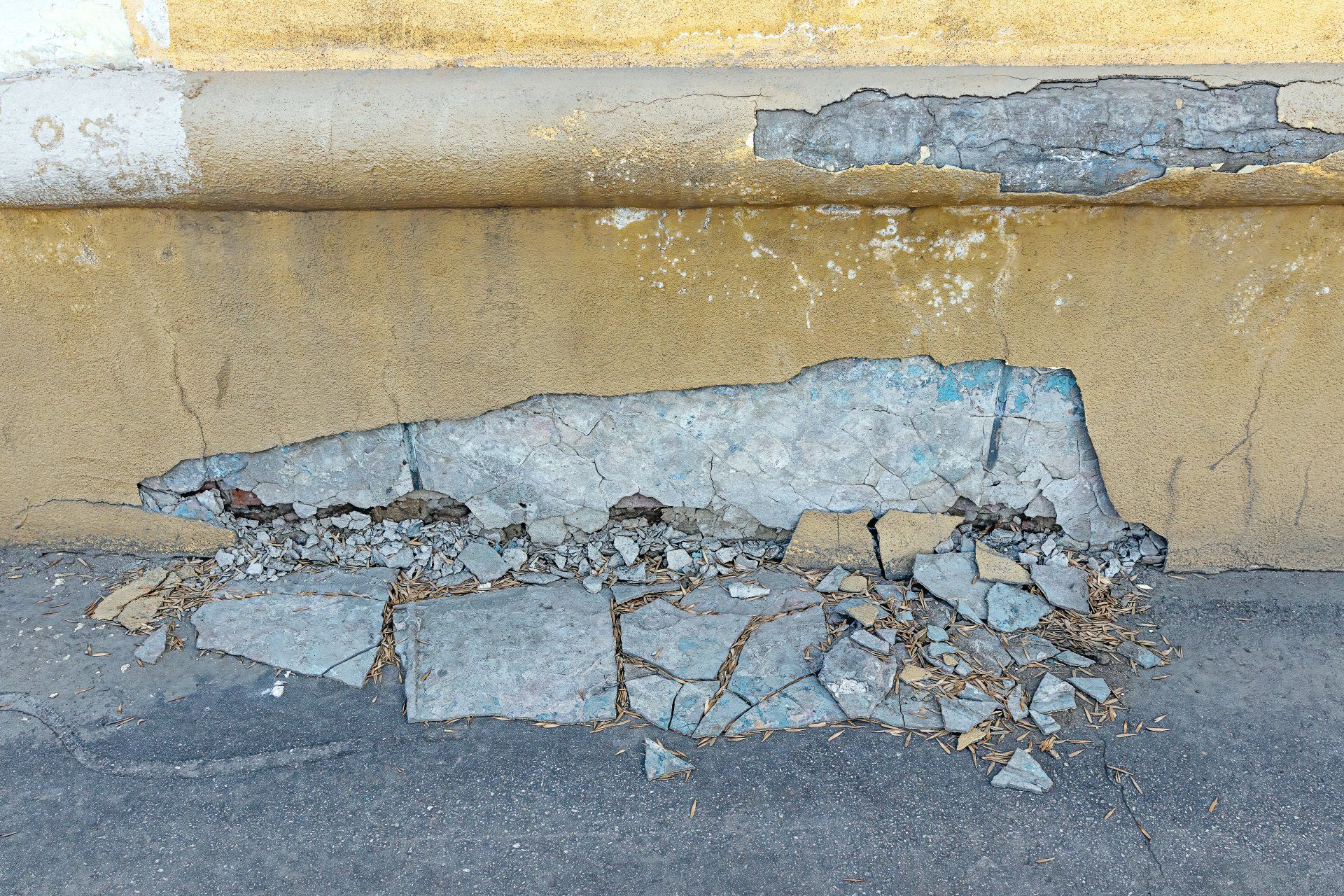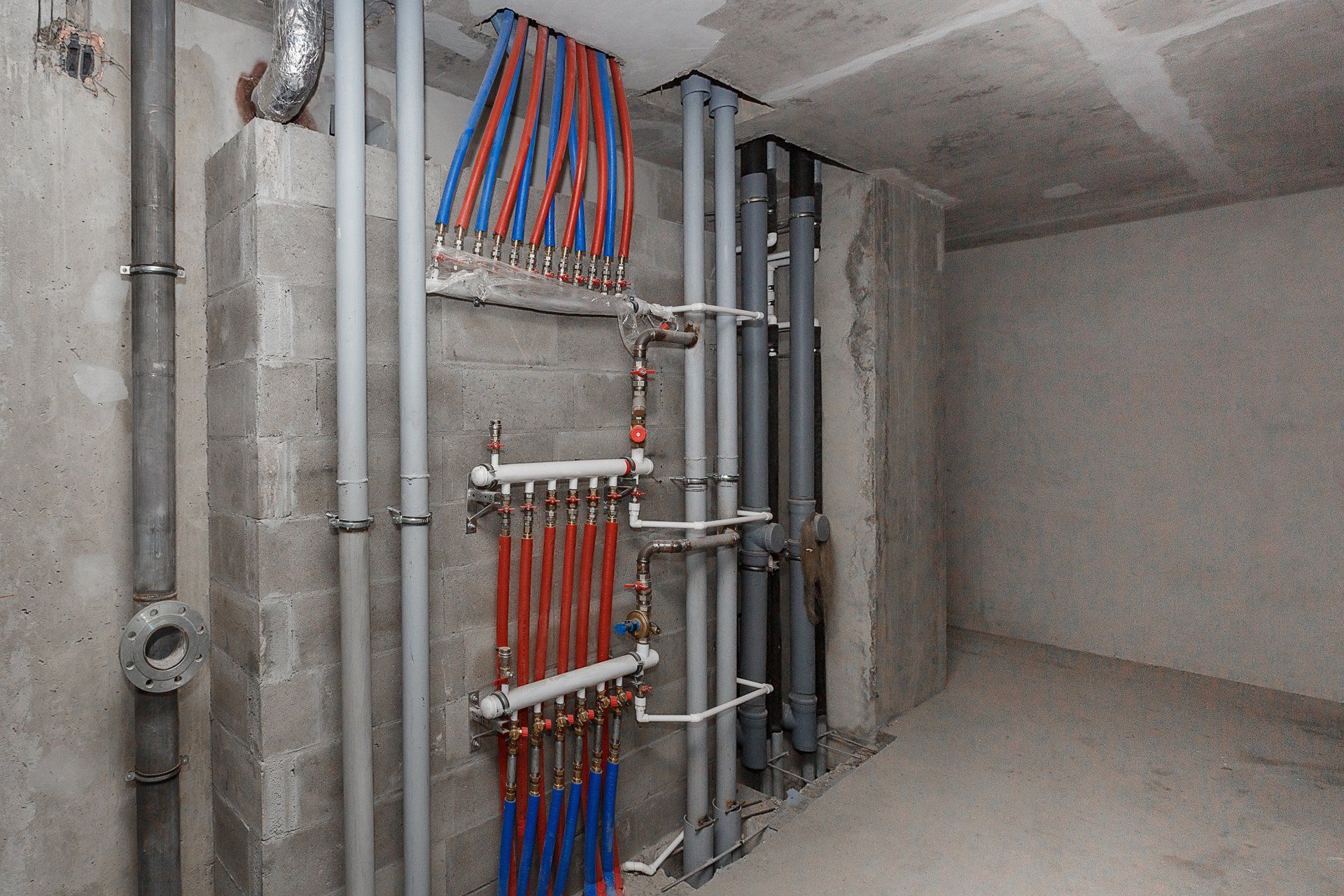Dealing with Cracks in the Foundation of Your Home
Protecting Your Investment: A Guide to Addressing Foundation Cracks
Your home's foundation is, quite literally, the rock upon which your property stands. It's the essential support system that ensures your house remains stable and secure. However, over time, cracks in the foundation can develop, potentially leading to significant structural issues if left unaddressed. In this blog, we'll explore the various types of cracks that can appear in a foundation and discuss the importance of fixing them promptly.

Cracks in the Foundation: An Overview
Cracks in the foundation of a house can manifest in several ways, each with its own set of implications. Let's take a closer look at some common types of foundation cracks:
Crack in Foundation Slab
A crack in the foundation slab is perhaps one of the most concerning issues homeowners can face. This type of crack can weaken the entire structure of the house and lead to uneven floors and walls.
Crack in Foundation Wall
Foundation wall cracks often occur due to pressure from the soil surrounding your home. They can be vertical, horizontal, or diagonal and may vary in size. Larger cracks in foundation walls are especially worrisome as they can allow moisture to seep in.
Cracks in Foundation Floor
Cracks in the foundation floor are generally smaller and may not seem as threatening as wall or slab cracks. However, they can still allow moisture infiltration and, if left unattended, can grow into more significant issues over time.
Small Crack in Foundation
Even seemingly insignificant cracks should not be ignored. Small cracks in the foundation can be early warning signs of more significant problems. Addressing them promptly can save you from costly repairs down the line.
Settling Crack in Foundation
As your house settles into its foundation over time, settling cracks may appear. While some degree of settling is normal, excessive or sudden settling can result in noticeable cracks. These cracks can indicate issues with the foundation's stability.
Crack in Foundation Leaking Water
One of the most concerning aspects of foundation cracks is the potential for water infiltration. Water can lead to mold, mildew, and even structural damage. If you notice water seeping through a crack in your foundation, it's crucial to address the problem immediately.
Fixing Cracks in Foundation Walls
Fixing cracks in foundation walls requires professional expertise. Depending on the severity and type of crack, repairs may involve injecting epoxy, using carbon fiber reinforcement, or even rebuilding sections of the foundation. It's essential to consult with a structural engineer or foundation specialist to determine the appropriate solution.
Cracks in the Foundation of a New Home
Even newly constructed homes are not immune to foundation issues. In fact, newly built houses may experience settling cracks as the soil beneath them adjusts. Regular inspections and proactive measures can help prevent these early cracks from becoming major problems.
Conclusion
Cracks in the foundation of your house are not to be taken lightly. They can indicate underlying structural issues that, if left unattended, may lead to costly repairs and safety concerns. Regular inspections, timely repairs, and consulting with professionals are crucial steps in maintaining the integrity of your home's foundation. Remember, a solid foundation is the key to a secure and stable living space.
Question and Answer for Dealing with Cracks in the Foundation of Your Home
Q: What are some common signs that I might have cracks in the foundation of my home?
A: Look out for indicators like uneven floors, visible cracks in walls or ceilings, doors and windows that don't close properly, or the presence of moisture in your basement.
Q: Can I fix small cracks in my foundation on my own, or should I seek professional help?
A: Small, hairline cracks might be repairable by homeowners using DIY kits, but it's always advisable to consult a professional for a thorough inspection and guidance, especially for larger or structural cracks.
Q: Are all foundation cracks a cause for concern?
A: Not necessarily. Some minor cracks can be a result of normal settling and may not pose immediate threats. However, it's essential to monitor them and seek professional advice if they worsen or if you notice water infiltration.
Q: How can I prevent cracks in the foundation of my new home?
A: Properly prepare the soil before construction, ensure adequate drainage, and regularly inspect for early signs of settling. Engage a qualified builder who adheres to construction best practices.
Q: What should I expect during the process of fixing cracks in my foundation walls?
A: Repair methods vary based on the severity and type of crack. Professionals might use epoxy injection, carbon fiber reinforcement, or more extensive measures. Expect a thorough assessment and an explanation of the chosen repair approach.
Q: Are foundation repairs expensive?
A: The cost of foundation repairs can vary significantly depending on the extent of the damage and the chosen repair method. Timely addressing of issues often prevents more expensive repairs later on.
Q: How can I maintain the long-term stability of my foundation?
A: Regularly inspect for cracks, maintain proper drainage around your home, and ensure consistent moisture levels in the soil. Consulting with experts and addressing issues promptly is key to preserving your foundation's integrity.



